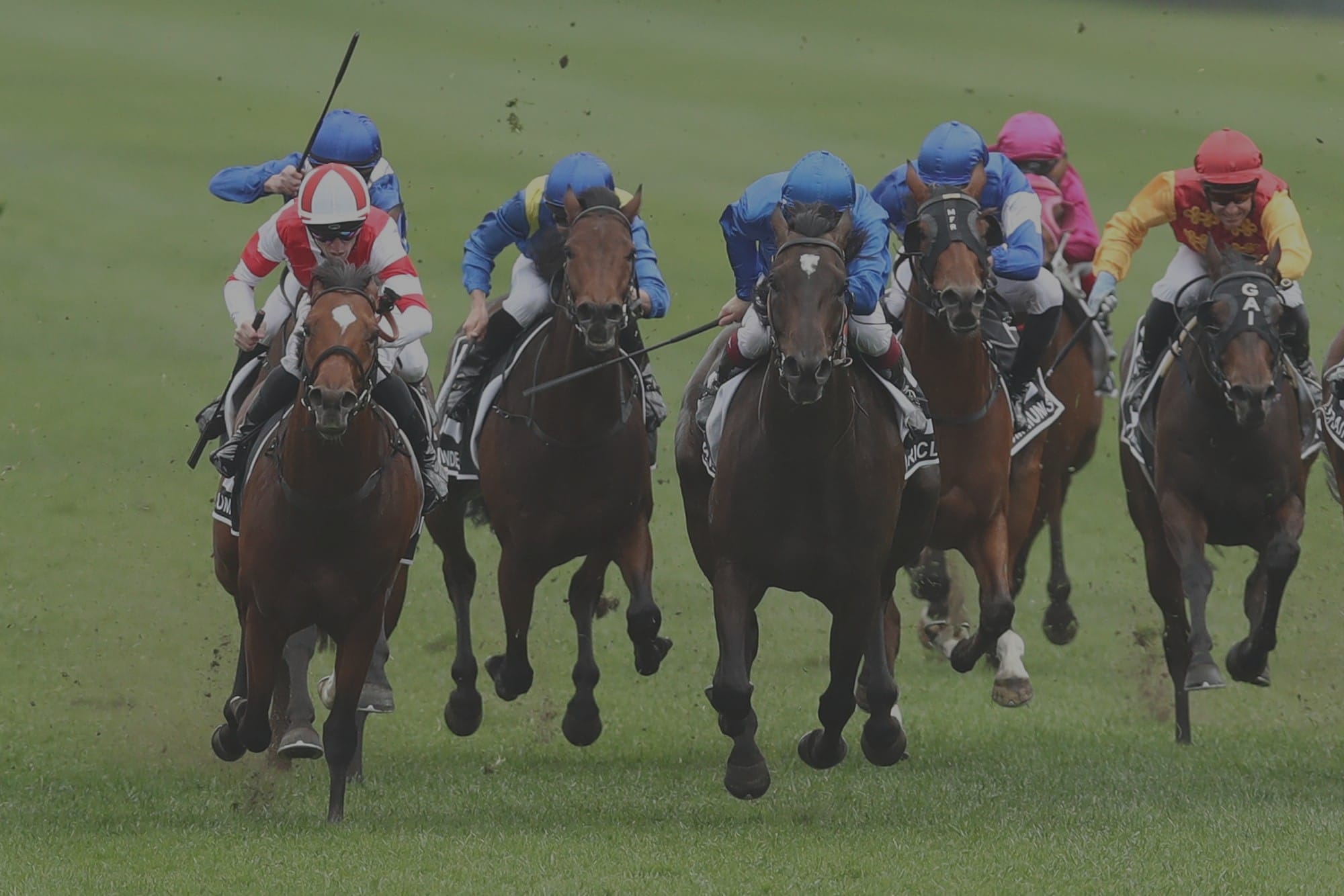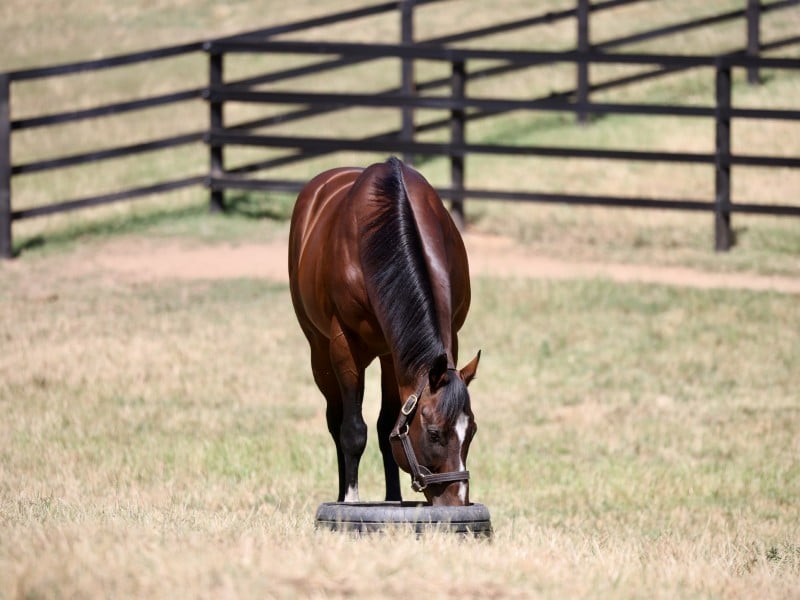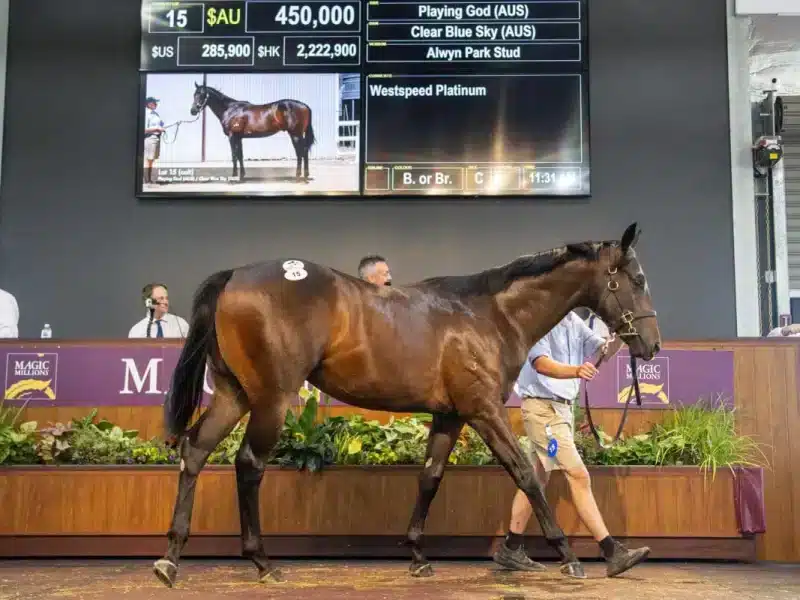Pattern of discontent – Bloodstock agents united against changes
Australian bloodstock agents have weighed into the dispute over the direction of the national Pattern, calling on sales companies and pedigree providers to stand firm against unrecognised changes to the national black type calendar.
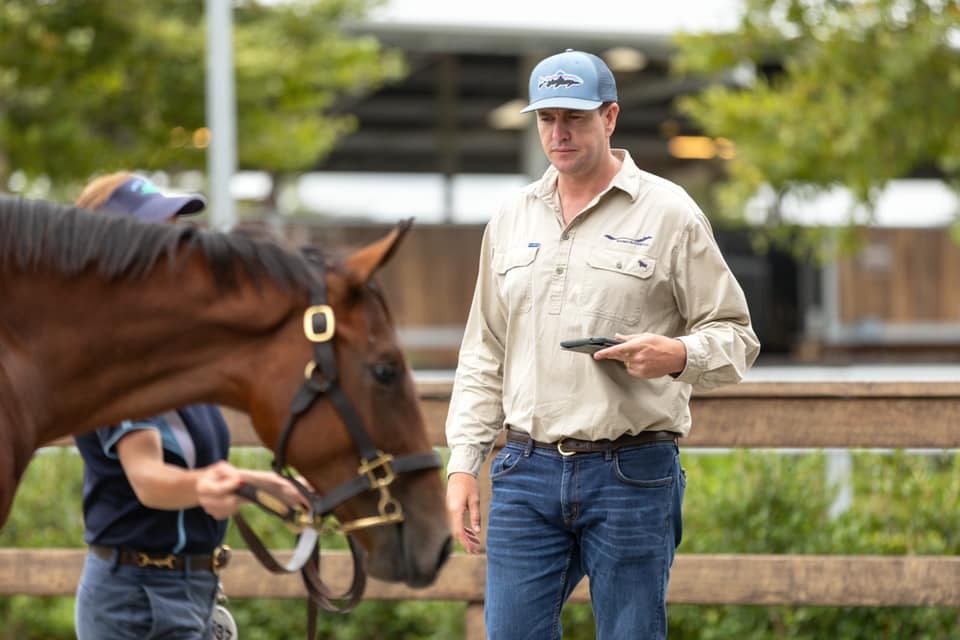
The Federation of Bloodstock Agents Australia (FBAA) claims the ongoing stagnation of the Pattern Committee and “the concerning attempts to assign unapproved Group race status” threatens the international standing of the country’s thoroughbred industry.
Racing NSW has been the main antagonist in going it alone by altering the make-up of the state’s stakes races, with the principal racing authority either upgrading or adding black type to 15 spring races in a period of less than two months.
Only the Group 1 status of Racing NSW’s The Everest, the world’s richest race on turf that was won in October by Bella Nipotina, and Racing Victoria’s All-Star Mile, to be run next March, have been officially recognised by international Pattern authorities and in sales catalogues.
The new Black Type Guidelines, released by Racing Australia in October and used by Racing NSW to justify its decision, have not been officially ratified by international authorities, meaning the changes to the status of the races cannot be recognised on databases such as Arion.
The decision to upgrade the races without the process being ratified is believed to have caused tension with the Asian Pattern Committee.
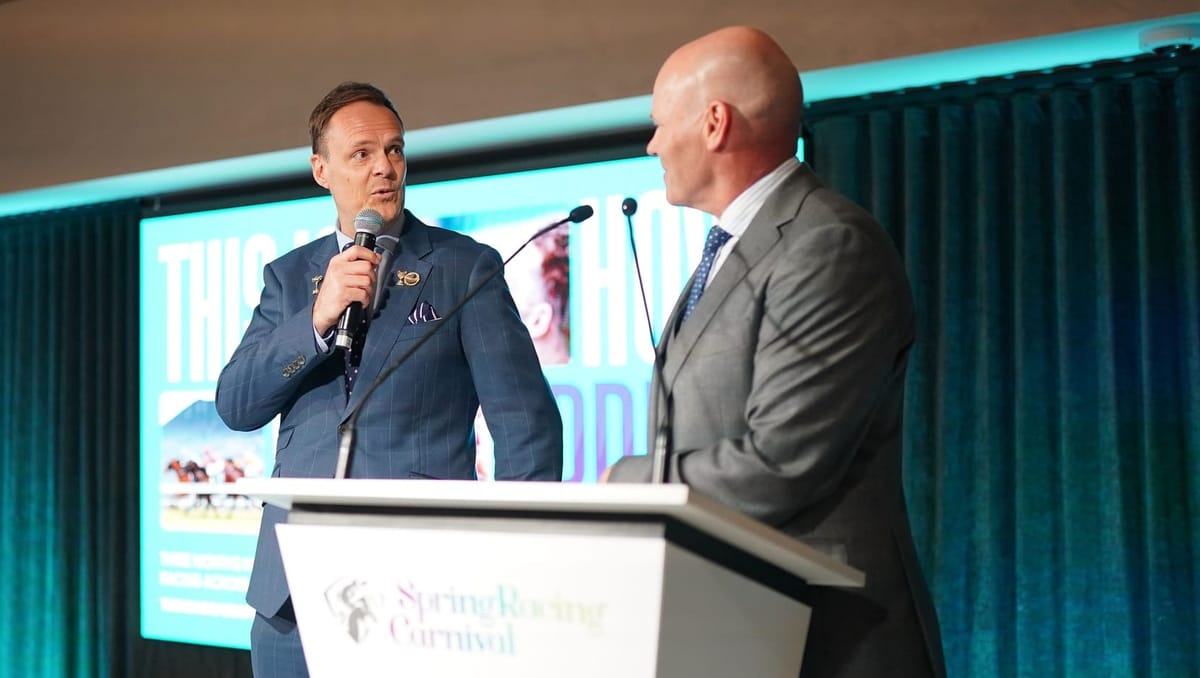
The pedigree pages of yearlings to sell at next month’s Magic Millions sale on the Gold Coast and the New Zealand Bloodstock Karaka sale in January and February’s Inglis Classic sale in Sydney do not reflect the additional black type added to races such as the “Listed” Tapp-Craig won by I Am Invincible colt Anode in October.
The FBAA publicly supported the sales companies position in a letter released on Wednesday that was jointly signed by the body’s members which total more than 30 of the country’s most prominent bloodstock agents including John Foote, Sheamus Mills, Damon Gabbedy and its president Craig Rounsefell.
“As an industry, we rely on the universally recognised language of the Pattern to define and communicate the value of our bloodstock,” the agents wrote.
“This framework has been essential in establishing trust, clarity, and respect for Australian Thoroughbreds on the global stage. Attempts to bypass proper approval channels risk undermining the credibility of our pedigrees, weakening the trust of international stakeholders, and destabilising the valuation system that supports our success.
“The decision by Racing Australia to unilaterally publish unapproved Group race status disrespects the processes that breeders, agents, and vendors have upheld for decades.”
“As an industry, we rely on the universally recognised language of the Pattern to define and communicate the value of our bloodstock.” – FBAA statement
It is expected that Australia’s Pattern will be a hot topic of discussion in the lead up to and at Sunday’s International race meeting in Hong Kong.
It is also believed that the Asian Pattern Committee, which is chaired by Hong Kong Jockey Club chief executive Winfried Engelbrecht-Breges, will hold a planned meeting over the next few days.
The FBAA says the processes already in place, developed in collaboration with the Society of International Thoroughbred Auctioneers (SITA), the International Grading and Race Planning Advisory Committee (IRPAC) and the Asian Pattern Committee (APC), are the backbone of the local industry’s global reputation.
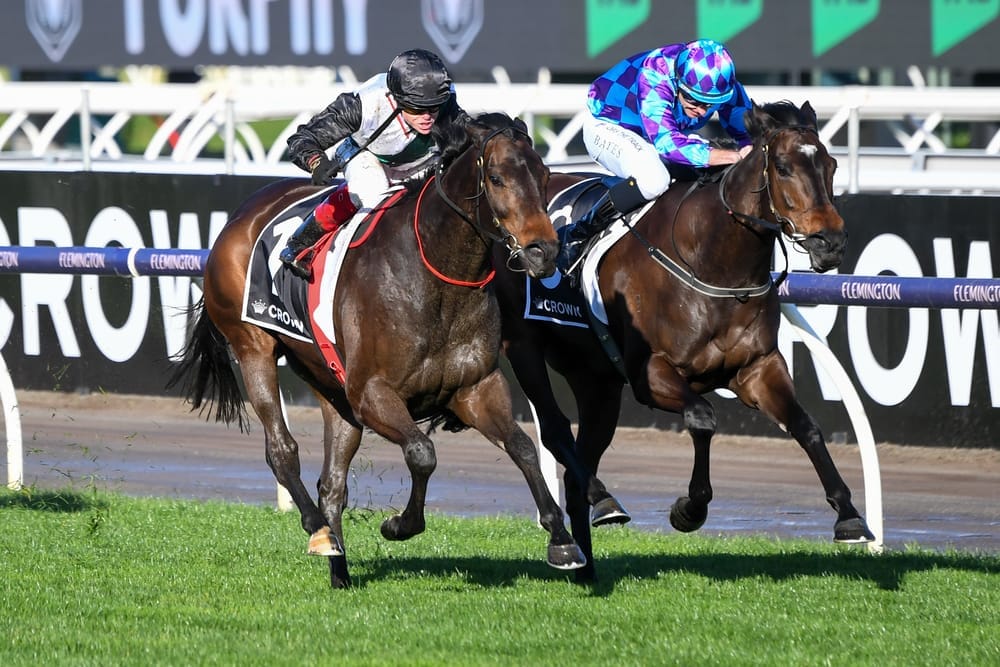
To move away from those conventions, the FBAA argues, could jeopardise the integrity of Australian bloodstock in a global market and that “upholding the official Pattern system is not merely a procedural obligation, it is an affirmation of the shared dedication that drives our industry forward”.
“Let us work together to protect the credibility of our pedigrees and the integrity of Australian bloodstock,” the FBAA wrote.
“The establishment of an independent pattern committee that conforms with international standards is a matter of urgent priority.
“By standing united, we safeguard the trust that sustains our industry and ensures its continued success.”
When Racing NSW first went public with its raft of changes to 12 spring races in early October, other PRAs such as Racing Victoria, Racing Queensland and Racing SA were also set to make changes.
However, following swift backlash from industry figures strongly against proceeding without going through the conventional pathways, the other PRAs delayed their plans, leaving Racing NSW to go it alone.

